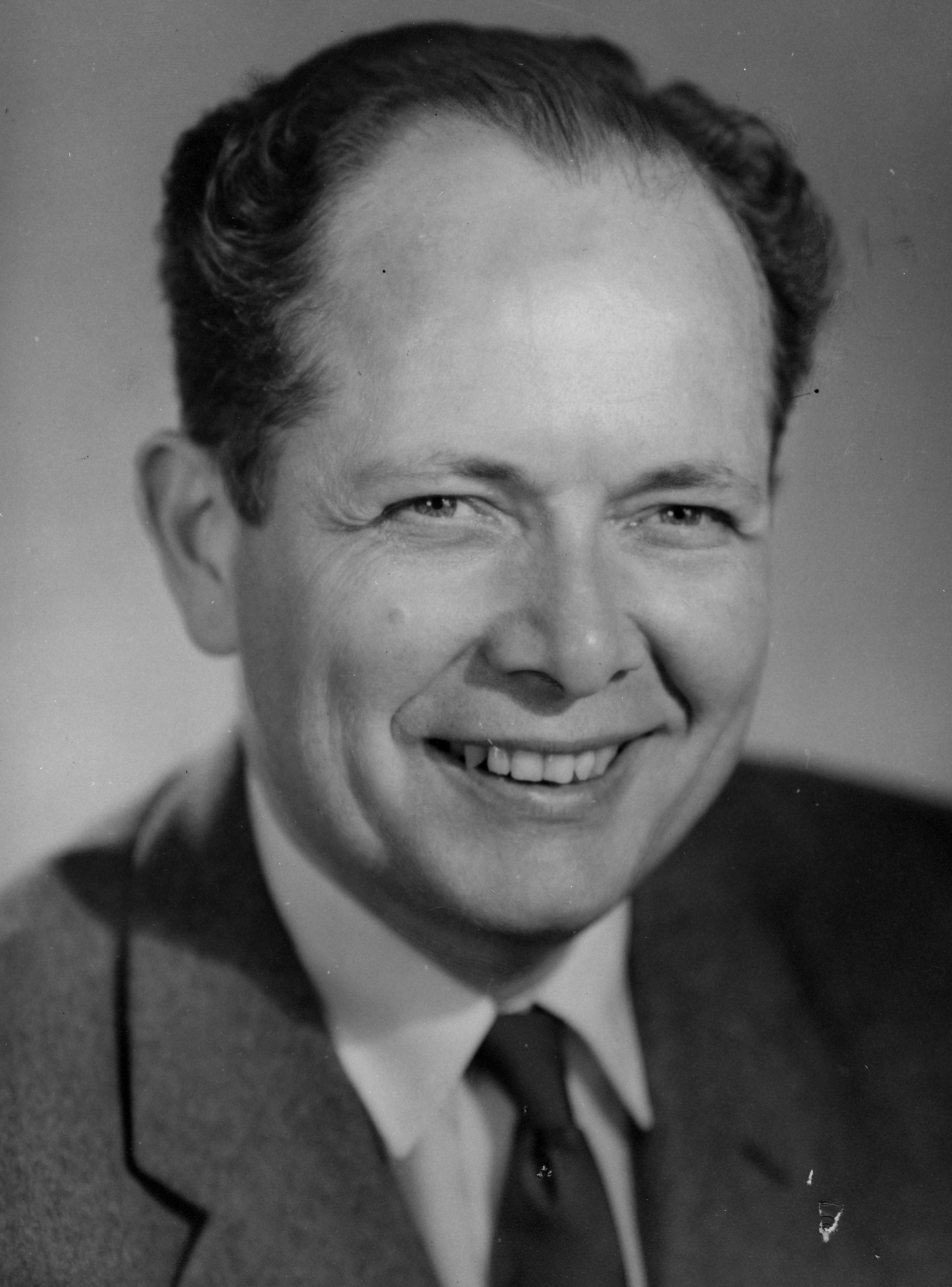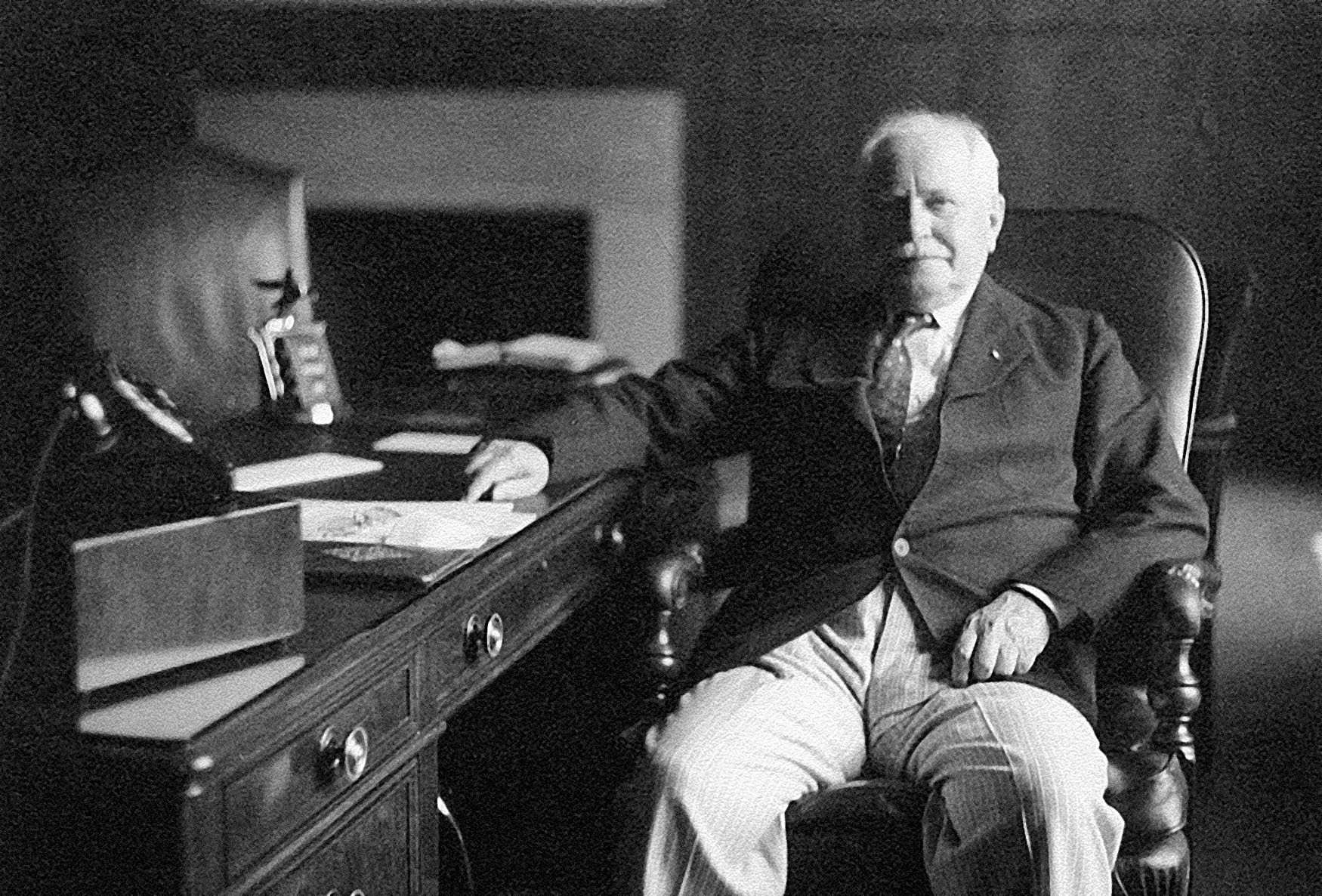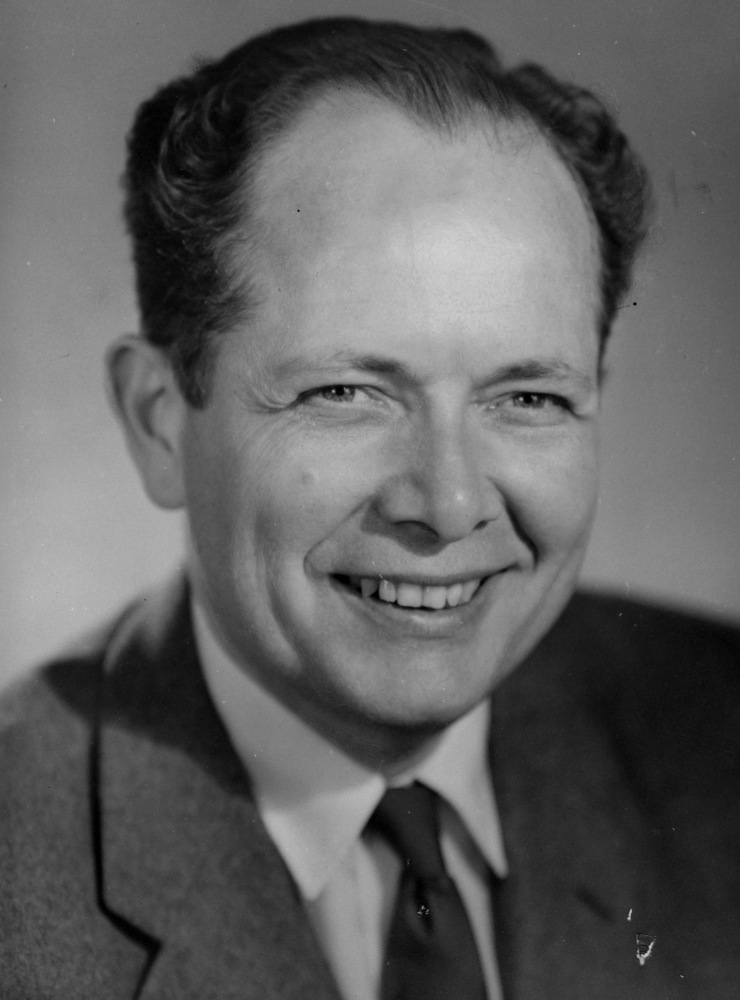Following the inaugural meeting of the Oregon Commonwealth Federation (OCF) in April 1937, Oregon Democratic Governor Charles Martin referred to the newly minted left-liberal organization as a “gang . . . of young Jew[s] . . . Communists, C.I.O.’s and crackpots.” An anti-New Deal Democrat, Martin would fall victim to Commonwealth-backed Democrat Henry Hess in the May primary election of 1938. Although Republican Charles Sprague easily defeated Hess in the general election, OCF’s effort in denying the reactionary Martin a second term made the organization a player in state politics.
At the OCF’s first convention in April 1937, members supported resolutions to nationalize war industries and for “public ownership of all natural resources, utilities, banks, and monopolies.” Based on principles of the Washington Commonwealth Federation, the Oregon group also borrowed from farmer-labor organizations in the United States and Canada. The April convention elected Monroe Sweetland, formerly with the League for Industrial Democracy, as executive secretary, a position he would hold for five years.
OCF’s membership embraced an alliance of progressives around the state. Its platform supported pensions for the aged and unemployed, civil rights, consumer protections, collective bargaining, free medical care for the poor, and high corporate taxes. Commonwealth appealed to farmers and industrial workers who were committed to the public ownership of utilities and railroads and “production for use,” many of them members of the Oregon Grange, the Oregon Farmers’ Union, and the American Federation of Labor.
OCF organized local chapters around the state and published a bimonthly circular, Oregon Commonwealth Federation News, with articles devoted to promoting public hydropower. The public power issue was important to rural Oregon, where the federal government’s Rural Electrification Administration (REA) was bringing electrical power to rural America. To make matters more difficult for public-power advocates, Governor Martin opposed REA, arguing that private utilities should control Bonneville Power.
Commonwealth leaders were interested in federal planning initiatives such as the Tennessee Valley Authority, believing that TVA was a model for the Columbia River system. The OCF also moved toward fully embracing other New Deal initiatives, including federal enactments such as the National Labor Relations Board. Commonwealth pressed the legislature to adopt old-age pensions and publicly supported health care. Because of its friendly ties to the New Deal, the OCF also dispensed federal patronage, especially allocating census positions in early 1940.
“Social medicine” may have been the most radical of Commonwealth’s legislative initiatives, triggered when New York Senator Robert Wagner introduced a measure “to make more adequate provision for public health” in the United States. Sweetland asked Wagner for copies of the bill and, with others, drafted legislation for Oregon’s 1941 session. The Oregon measure would have amended the state’s unemployment compensation law, provided for employer and employee contributions, and been limited to persons and families with incomes of less than $1,500.
Commonwealth’s strategy to test the legislative waters in 1941 was rent asunder with the bombing of Pearl Harbor in December. With Monroe Sweetland working for the federal government in Washington, D.C., the OCF faded away in 1942. Sweetland was the key person in all OCF initiatives, and in his absence, the organization struggled on sporadically for only a few months with an interim executive secretary.
-
![Monroe F. Sweetland.]()
Sweetland, Monroe, bb005795.
Monroe F. Sweetland. Oreg. Hist. Soc. Research Lib., bb005795
Related Entries
-
![Charles Martin (1863-1946)]()
Charles Martin (1863-1946)
By early May 1938, as his reelection bid faltered in the primary, Charl…
-
![Monroe Sweetland (1910-2006)]()
Monroe Sweetland (1910-2006)
Monroe Sweetland's life embraced the cultural revolution of the 1920s, …
Related Historical Records
Further Reading
Burton, Robert E. Democrats of Oregon: The Pattern of Minority Politics, 1900-1956. Eugene: University of Oregon Books, 1970.
Herzig, Jill Hopkins. “The Oregon Commonwealth Federation: The Rise and Decline of a Reform Organization.” M.A. Thesis, University of Oregon, 1963.
Murrell, Gary. Iron Pants: Oregon's Anti-New Deal Governor, Charles Henry Martin. Pullman: Washington State University Press, 2000.
Stein, Harry H. Gus J. Solomon: Liberal Politics, Jews, and the Federal Courts. Portland, Ore.: Oregon Historical Society Press, 2006.



